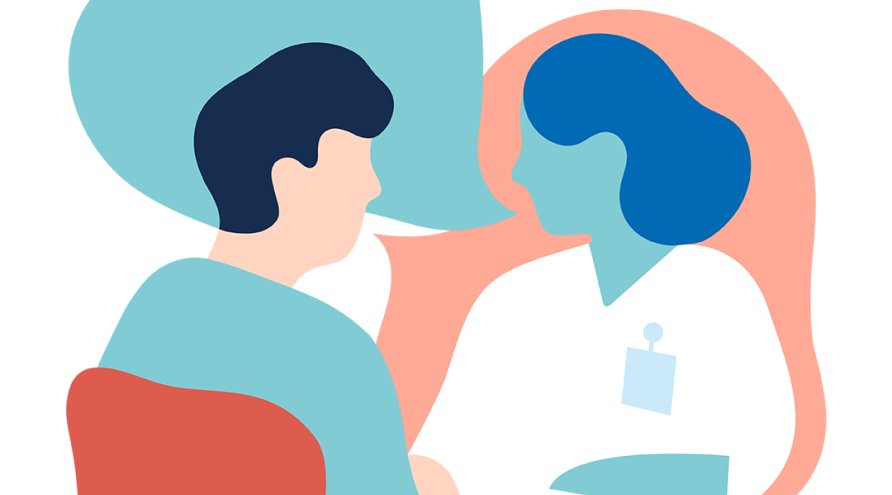Working as a healthcare professional can involve exposure to strong impressions and experiences. In a busy workday, often characterized by great responsibility, scarcity of resources, and time pressure, healthcare personnel must make difficult prioritizations and choices. Sometimes, one can be involved in incidents where patients are seriously injured or die in connection with treatment or care. Such serious incidents have significant consequences for both patients and relatives, but also affect the healthcare personnel involved. Being involved in such a patient incident can lead to mental distress, absenteeism, changes in professional self-image, and even dropout from the profession.
Since the 1990s, various types of peer support programs have emerged in the health and care services, based on a model where a colleague, familiar with the daily life of healthcare personnel, provides support to colleagues after demanding situations and events based on a principle of peer support.
Doctors, psychologists, and dentists have their own support schemes through their professional organizations. Comparable support is largely absent for nurses, social educators, and healthcare workers.
In the research literature, there are few studies that describe the effect of different peer support programs. However, it is indicated that support systems for healthcare personnel are necessary and are therefore assumed to have a positive effect.
To gain more knowledge about experiences with peer support programs, the Norwegian Healthcare Investigation Board (Ukom) has conducted interviews with representatives from specialist health services, municipal health services, and professional associations. Ukom has also interviewed healthcare personnel who have utilized various peer support programs. In addition, we have conducted a structured literature review on the topic.
Based on this work, this report compiles experiences and insights about peer support programs. This may be useful for health care organizations wishing to establish or further develop peer support schemes for the care of healthcare personnel. The experiences will also be beneficial for the Directorate of Health's work on developing national professional guidelines for the care of healthcare personnel after serious incidents. We hope that focusing on this topic can help healthcare personnel to seek help after serious incidents, convey acceptance and information about peer support, and contribute to reducing dropout.
The translation from Norwegian to English is based in AI. Ukom has reviewed, edited and quality assured the translation.
